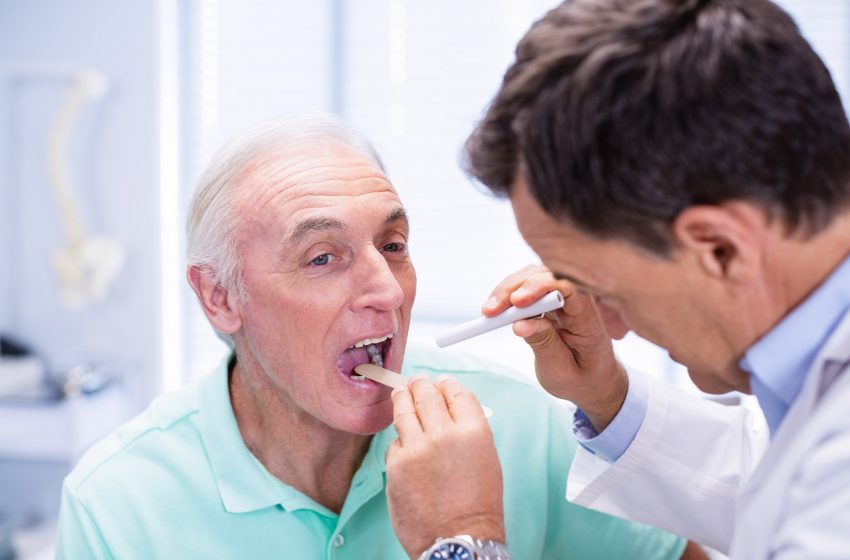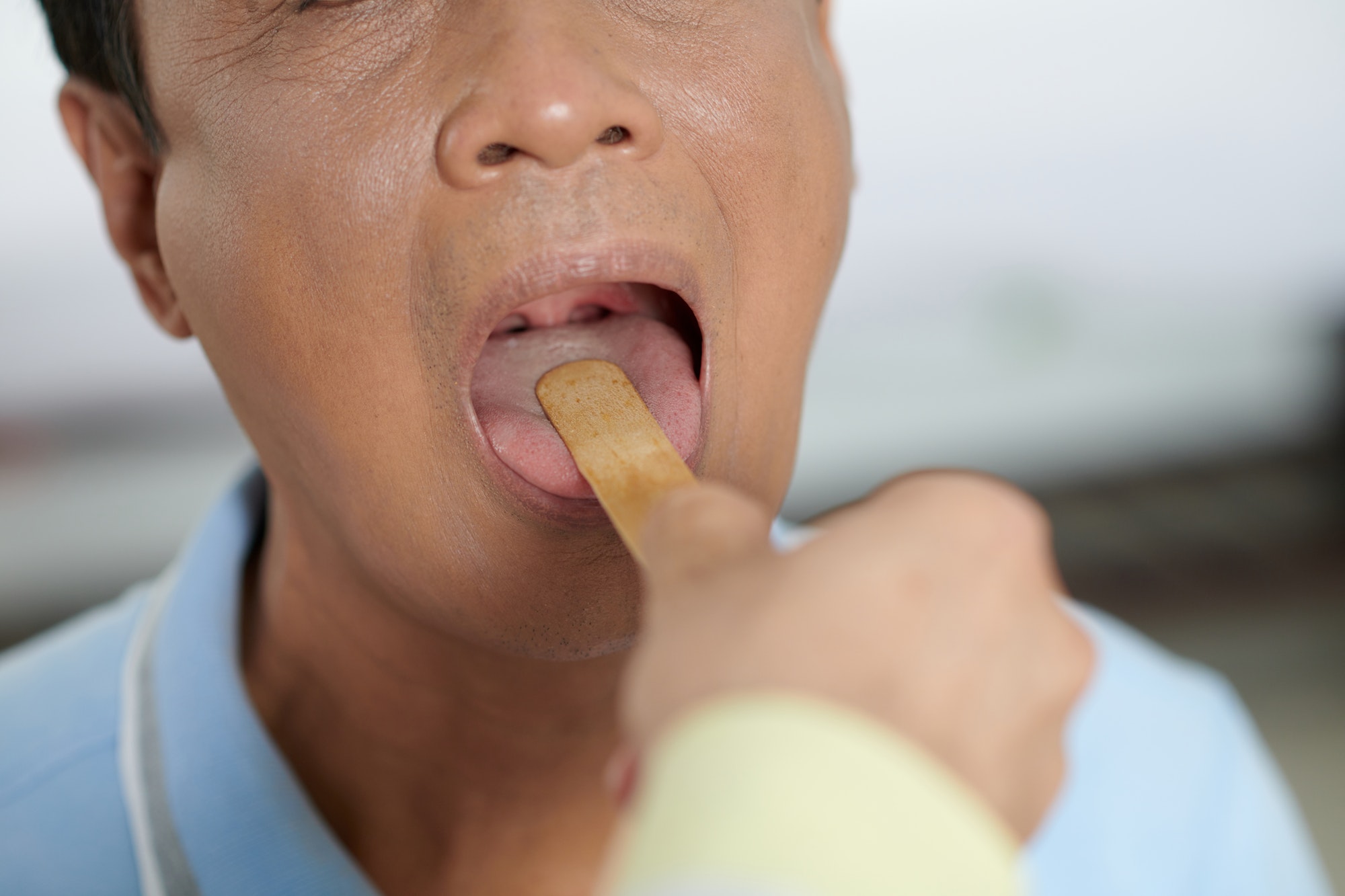
Pain In Back Of Tongue When Swallowing
Anytime you experience a pain in back of tongue when swallowing, a doctor visit may be on the cards. There are several reasons for this occurrence, so you want to be sure of the problem.
Your doctor is qualified to give you the best advice possible, so we recommend seeing your doctor before attempting our suggestions.
Every medical condition becomes prevalent due to the symptoms that they produce. These signs help you understand what could be wrong with you to a point.
The issue you may find relates to some diseases having similar symptoms, so more research may prove necessary.
We can help you eliminate which conditions have nothing to do with what you are experiencing. Despite many illnesses sharing similar traits, some have more than others.
Figuring out the difference by comparing them to your symptoms becomes a valuable method to decide what you can eliminate.
If you can bring the list down to one condition, you are covered, but if it falls on more than one, you can look at the treatments suggested.
If the treatments are alike, you can try them or similar ones to help with feeling better. Most of all, visit a doctor, self-diagnosis can be an issue, especially if you don’t know what to do.
Contents
Pain In Back Of Tongue When Swallowing – Likely Causes

Self Inflicted Conditions
When we say self-inflicted conditions, we aren’t talking about self-abuse. Some of the habits we practice can cause the tongue to be painful, like grinding the teeth, biting down hard on the gum, and eating hot foods.
These can result in blisters on the tongue, cuts, bruises, and soreness. In such cases, the best thing to do would be to stop with immediate effect less you cause more damage to your tongue.
Oral Thrush
Oral thrush occurs when the tongue becomes infected with yeast. It can show on the tongue of toddlers and babies, plus older adults.
It can resemble cheese and results from many issues. An autoimmune disease, antibiotics, and steroids from inhalers can all cause oral thrush.
The best treatment for oral thrush would be antifungal medication and mouthwash to gargle. These will help eradicate the sores and bumps that come from this disease.
Ulcers
If you have an ulcer in the mouth, it can cause pain in the tongue. Biting your cheek, eating hot food, or cuts from dentures and sharp teeth on the gum can all cause ulcers.
Ulcers can make the tongue painful and sore. Any infection from an ulcer can infect the throat, which worsens the situation.
If you have a mouth ulcer, you should avoid spicy foods that irritate the sores. Gargle with warm salt water and drink lots of water to help.
Allergic Reaction
An allergic reaction could cause pain in the tongue when swallowing. Some foods tend to cause allergies that may reveal themselves through swelling of the throat or tongue or some other way.
You need to know your condition; it would be wise to seek help to be sure what you eat doesn’t harm or kill you. If you happen to have an allergic reaction, you can use one known allergy medication.
Be sure to avoid any food that can cause you another episode and learn what foods you can and shouldn’t eat.
Pain In Back Of Tongue When Swallowing – Other Causes
Pain in the tongue isn’t a common condition to play around with, thinking it may pass. The tongue seldom hurts, especially if you swallow unless something is up.
We recommend seeing your doctor immediately, so you know if it requires serious treatment or if simple methods will work. We can only encourage you to do the right thing. Here are a few other diseases that cause tongue pain.
Burning Mouth Syndrome
Burning mouth syndrome can make the mouth uncomfortable and cause a painful sensation in the tongue. It can affect the entire mouth, and no one can tell the cause.
Try to minimize the impact on the mouth by using ice to soothe the tongue and other areas. You should avoid foods high in acid and drink cold liquids. Changing your toothpaste may be another great idea.
Neuralgia
Neuralgia occurs when the nerves become affected due to inflammation. Sometimes diabetes, multiple sclerosis, and infection can cause the tongue to be painful.
Since this condition results from nerve pain, it affects more than the tongue. Your ears, throat, and tonsils all feel the pressure of neuralgia.
Treating this disease requires surgery as the nerve being compressed needs relief. Blood sugar control can help if the problem is diabetes-related. Physical therapy and nerve blockers can help with the pain.
Moeller’s Glossitis
Moeller’s glossitis can be a very troubling disease. The tongue can lose the fine bumps that help with the tasting. When these filiform papillae dissolve, the tongue looks smooth.
The surface of the tongue changes color and can be very painful. The tongue may become swollen and cause itching, with difficulty swallowing.
You can help the condition by practicing good oral hygiene, avoiding spicy foods, and taking antibiotics to help with the infection.
Pemphigus Vulgaris
Pemphigus Vulgaris has no known causes that are identifiable. One suggestion is a trigger found in the environment. If that trigger becomes identifiable, the problem should resolve.
The challenge you may encounter is finding the trigger. You may need to change your location to see if that helps. Another method would be to see what had changed before the issue started.
Think of food, other products at home or work, anything that wasn’t there before that could be a trigger.
This disease causes sores in the genitals and mouth. The sores are painful and can burst, and infection can occur. This reaction can make eating and swallowing an issue.
Other Conditions
Other conditions can cause tongue pain when swallowing. These will rarely do so, but it can happen. Such diseases are Sjögren syndrome, Oral cancer, smoking, anemia, lichen planus, Behcet’s disease, and certain medications.
Don’t let the pain in back of tongue when swallowing stop you from being healthy. We all have to eat, and if your tongue is irritated and swallowing is difficult, it can present a problem.
Talk to a physician who would be able to help.
